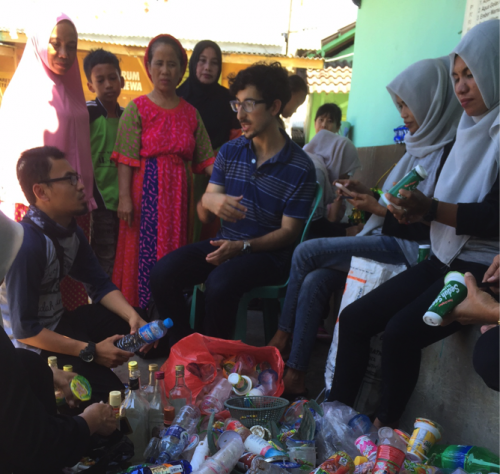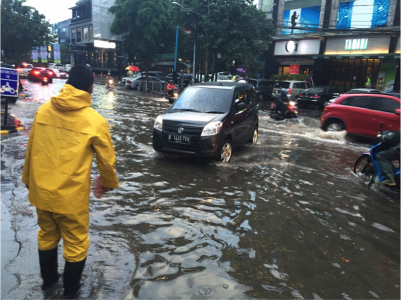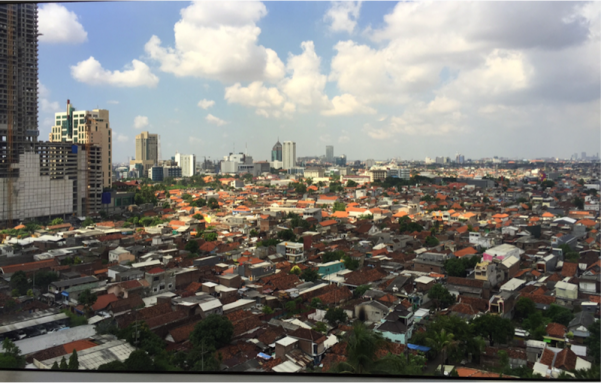
Now more than ever, cities play a key role in addressing climate impacts. While the UN agreement in Paris last year may have helped set priorities on a national and international scale to mitigate and adapt to effects of climate change, local governments remain strategic actors to actually implement these nationally-determined solutions. In part, this is because temperature and precipitation changes - and their cascading effects - will vary tremendously based on the local physical environment and social context. This makes local and not national governments often more relevant and knowledgeable policy implementers. Climate effects that manifest themselves at the local level also tend to more visibly affect people’s daily lives, galvanize greater public engagement, and generate action among leaders who are more immediately accountable to their constituents’ wellbeing and security. This is certainly the case in in Indonesia, where central government reforms since the fall of the authoritarian Suharto regime in 1998 gave local institutions more power to implement their own policy initiatives (including those that build resilience to climate impacts).

Sharing knowledge and information between nearly 100 city governments in Indonesia involves many actors. Since the post-Suharto decentralization reforms, the coordinating role of provincial governments was not clearly defined and has been largely absent. As a result, the Indonesian association of city governments, APEKSI, has taken on the task of facilitating city-to-city coordination and exchange of knowledge. APEKSI also acts as the broker of transnational city networks seeking to amplify knowledge-sharing between local governments inside and outside of Indonesia, build local capacity through technical training workshops, and showcase city initiatives to access external funding. Such city networks include organizations like ICLEI, UCLG, and CityNet; donor agencies such as USAID, GIZ (German development aid), and the Asian Development Bank; international and regional bodies such as UN Habitat and ASEAN; and all the research institutes and consultancies supporting these activities. However, it’s unclear to what extent these networks’ exchanges of knowledge and services have impacted local on-the-ground actions and policies, and if the cities that need these services the most actually have adequate access to them.
Through my work with the Rockefeller Foundation’s prominent network of cities and practitioners, the Asian Cities Climate Change Resilience Network or ACCCRN (implemented by Mercy Corps in Indonesia), I hope to document the factors that help enable and inhibit the exchange of good practices to address local climate impacts. My research traces how certain practices (e.g. community-run recycling “banks” to deal with waste management) are exchanged among networks of cities, how they evolve over time, and how they are or are not implemented as planned. I hope to improve the way cities and city networks approach knowledge-sharing and collaboration despite competing for resources and recognition at the same time.
